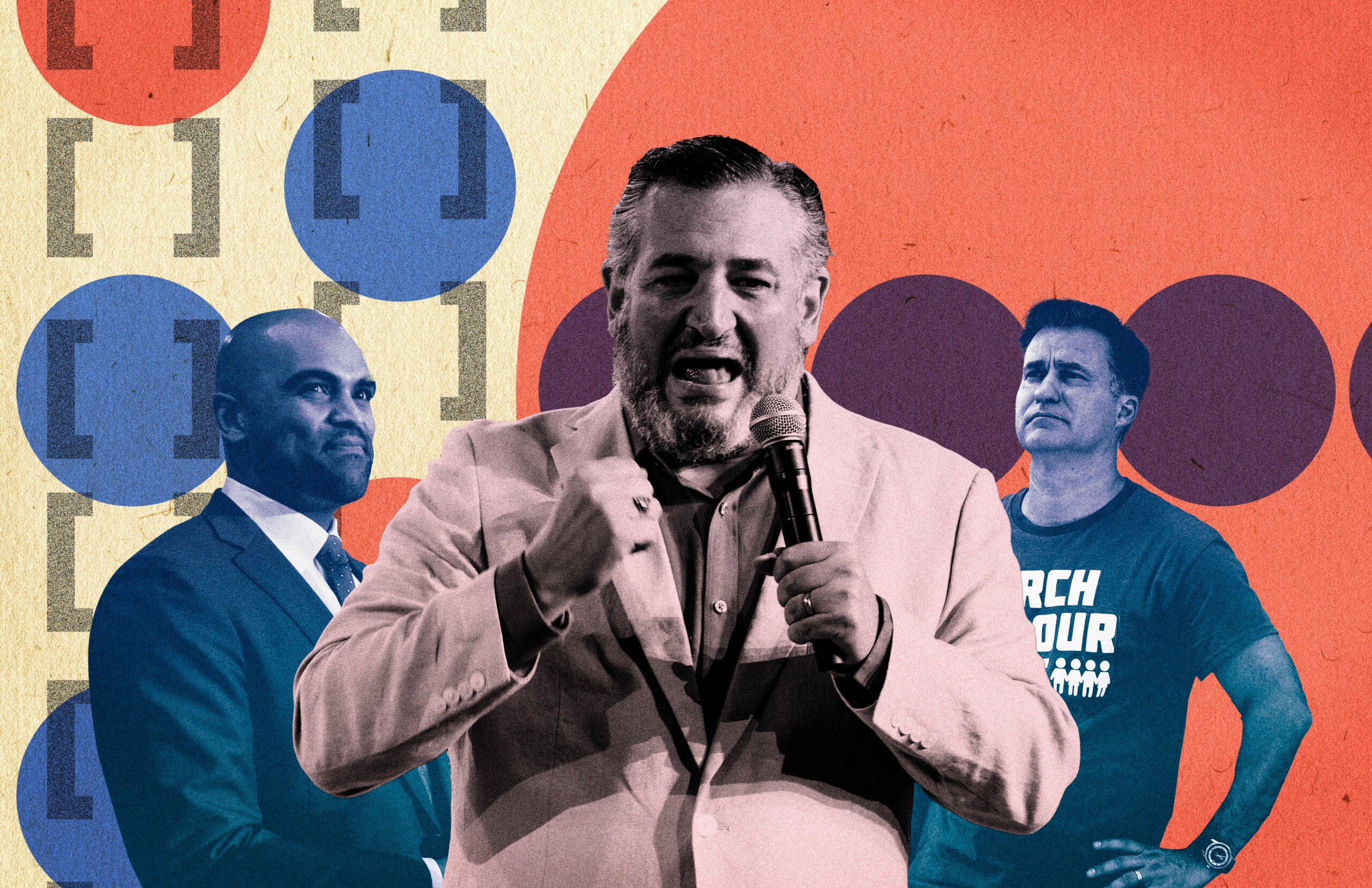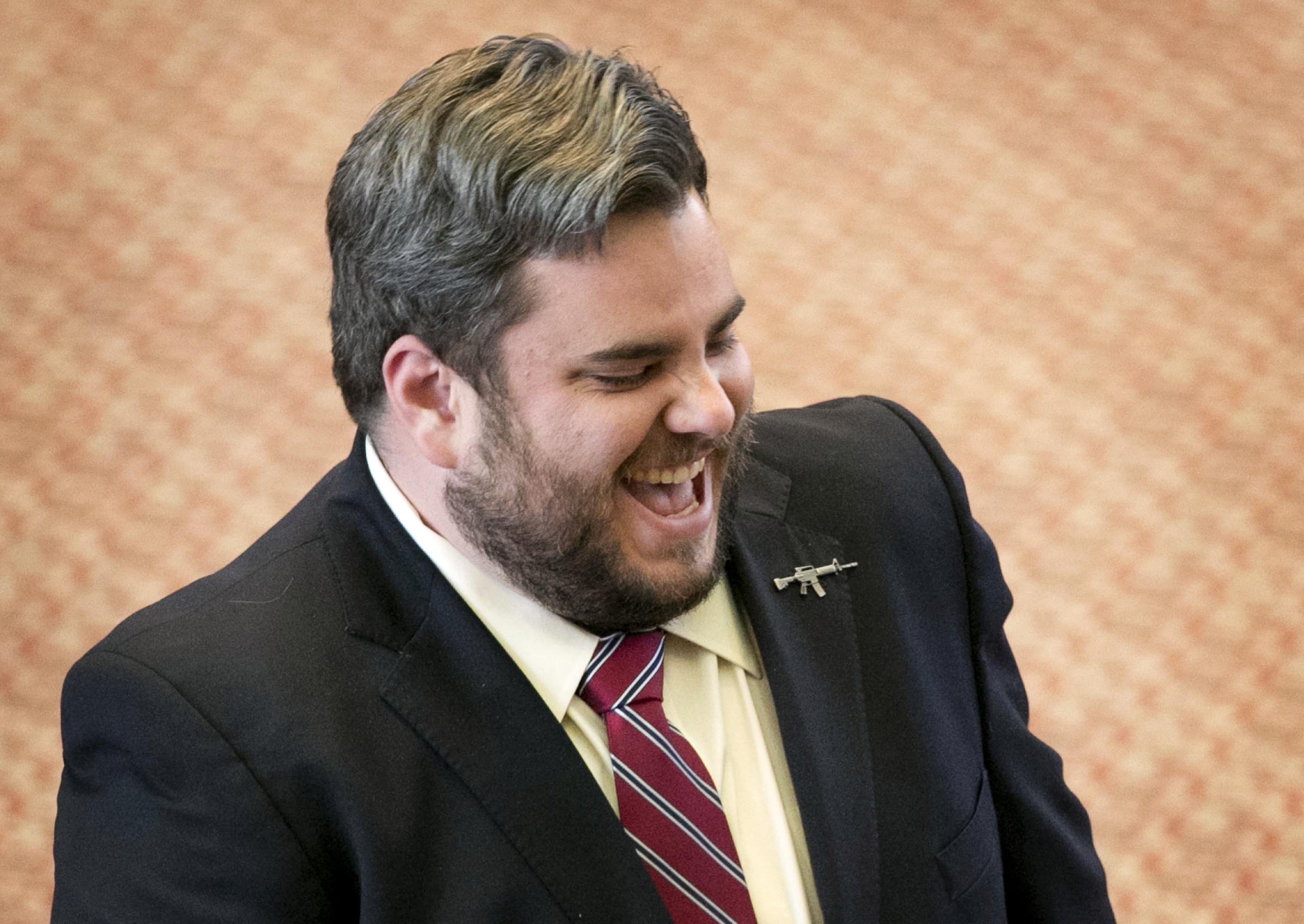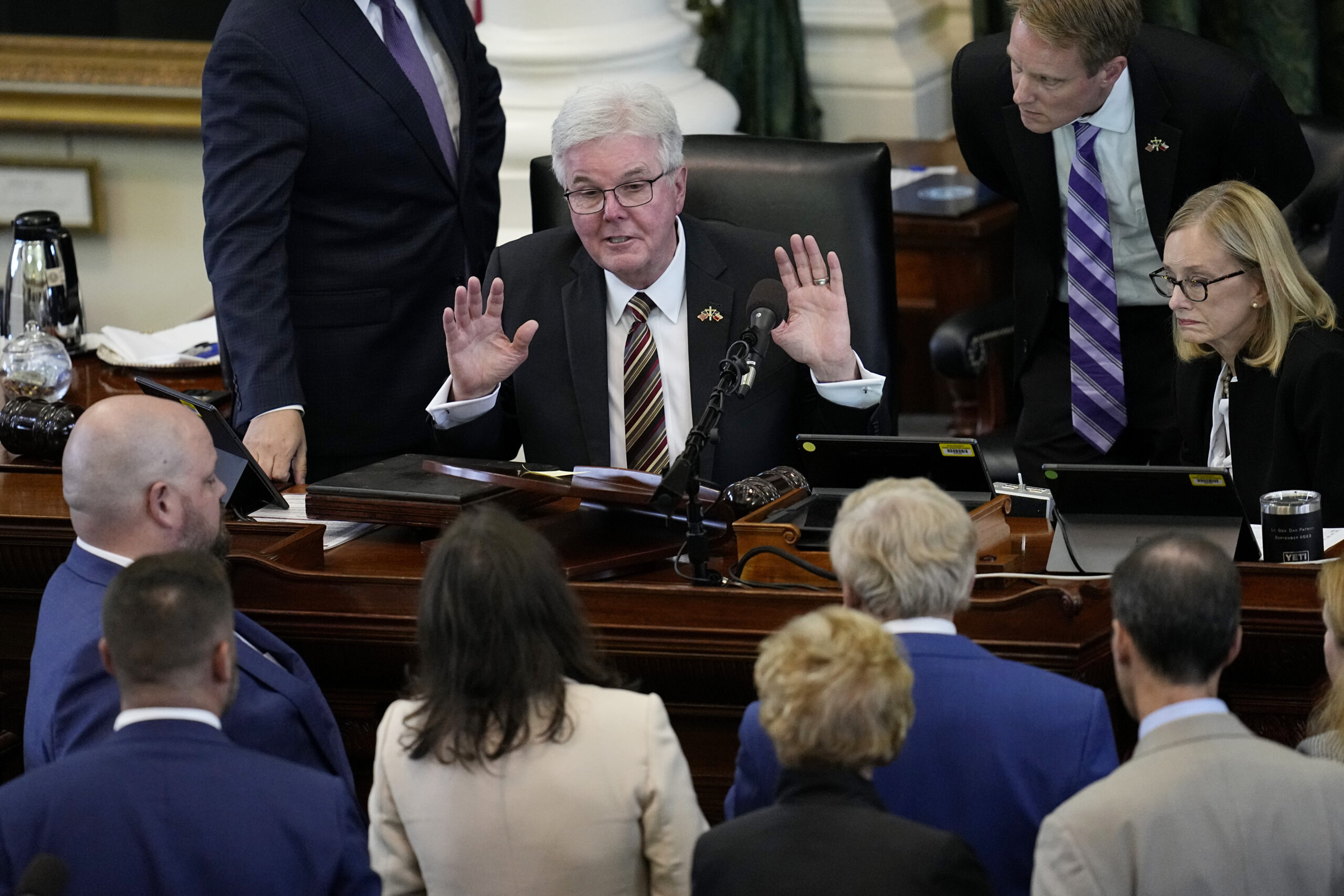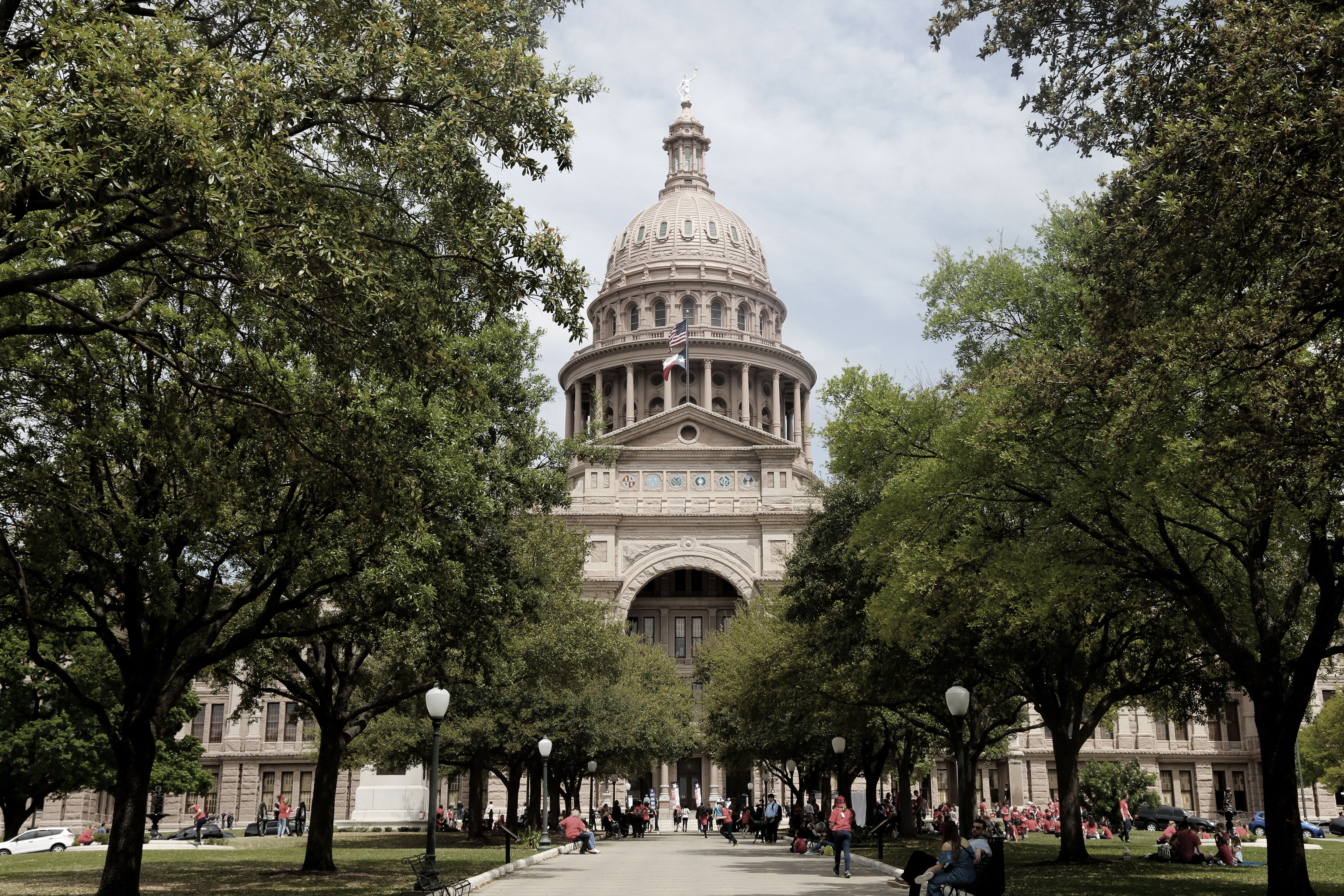
Power Steering
The most interesting story in American politics in the coming year isn’t in Iowa, but on the outskirts of Houston and Dallas.

A version of this story ran in the July / August 2019 issue.
For years, the question asked of Texas politics has been whether or not the state would “turn blue” during a presidential election or high-profile statewide race. It’s an all-or-nothing proposition: A race is either won or lost, and you don’t get anything for second place. These marquee contests inspire progressives for good reason. But as a model for enacting political change, the emphasis on the headline bouts is backward. When the 86th Texas Legislature concluded in May, one lesson became clear: Small, local shifts in the balance of political power can have huge policy implications.
The 85th Legislature, which wrapped up two years ago this summer, was one of the stupidest and most dispiriting sessions in living memory, characterized by months of bitter, bad-faith arguments, many focused on humiliating and disempowering minorities. The rancor boiled over on the last day, when one lawmaker threatened to shoot another on the House floor. They had accomplished so little, and were so angry about it, that they obliged themselves to return to Austin during a hotter month for a confused special session focused on regulating bathrooms. It was a catastrophic mess.
By contrast, this session featured no threats of lethal violence and comparatively little fighting over social issues. The Legislature still passed bad bills, but fewer of them, and smaller in scope. Lawmakers wrestled with substantive issues — health care, child welfare, education — and spent most of their energy fighting over a plan to spend a lot of money on education and tax cuts. In the end, they fell short of doing the big things they set out to do, but the Legislature doing nothing is generally preferable to the Legislature doing something.

There are multiple reasons for the change in tone — among them, House Speaker Joe Straus’ retirement and Lieutenant Governor Dan Patrick going AWOL — but the primary one is that for the first time in a decade, Republicans have reason to fear the general election. For much of the last 20 years, save for a brief scare when Barack Obama won the presidency, the only relevant election for most Republicans has been their primary, in which they face many more right-wing challengers than centrists. Once elected officials needed only right-wing support to win re-election, we got the Texas we have now.
But in 2018, Democrats picked up 12 seats in the House. Right now, the House has 83 Republicans and 67 Democrats. If in 2020, Democrats were to win every seat they lost by less than 5 percent in 2018, they’d win the chamber, which would be an earthquake. Everything would change. That outcome is exceptionally unlikely, but it is still possible, and it hasn’t been possible for a good while.
That’s a worrying situation for Republicans, because the next Legislature will draw district maps for the coming decade. A Democratic House would likely have no control over maps for state House and Senate districts, thanks to a strange feature of Texas government called the Legislative Redistricting Board, but it would influence how the state elects its national representatives. Fearing the loss of those comfortable congressional district lines, Republicans chilled out this session, in hopes of presenting a friendlier face to the suburban voters who punished them at the ballot box last year.
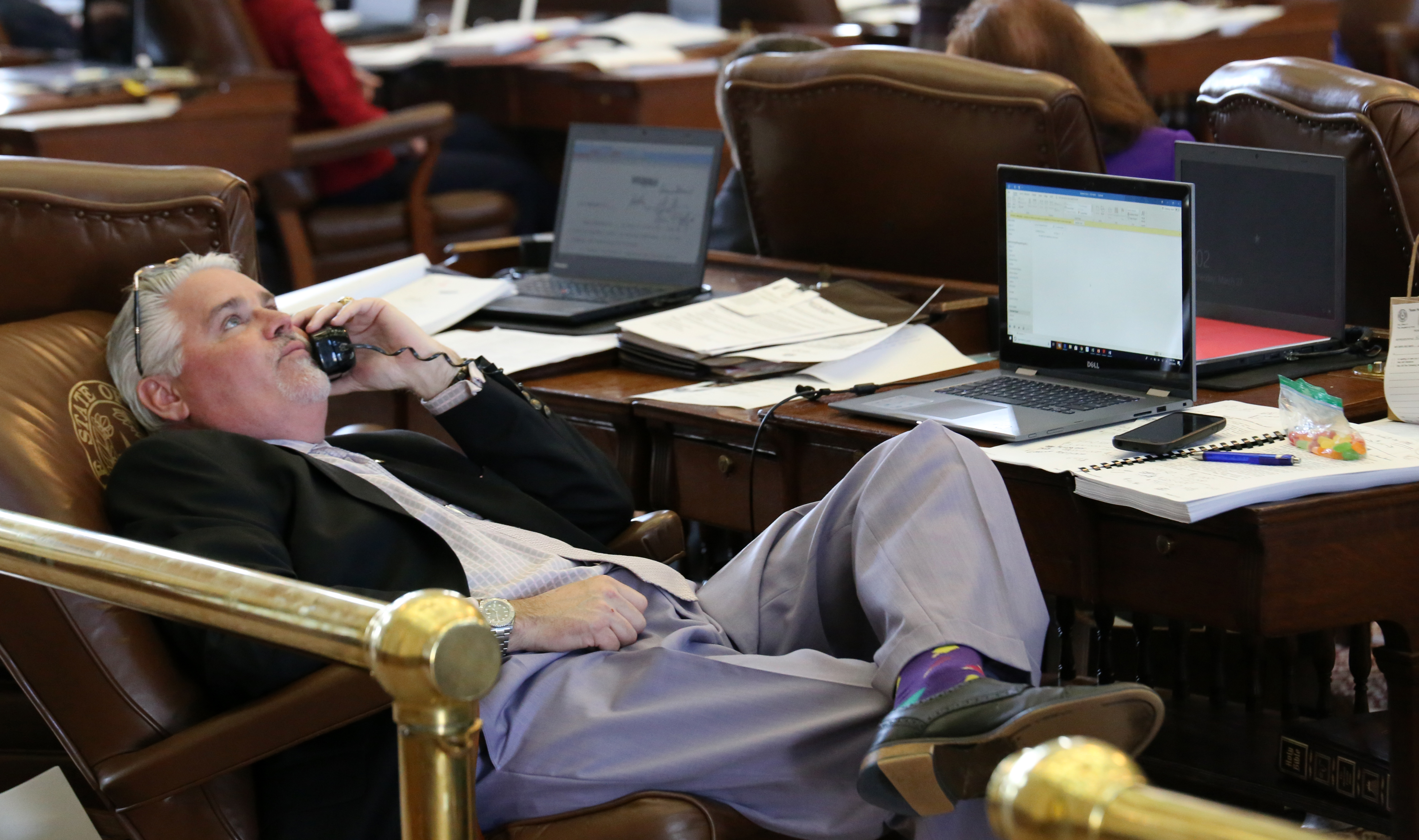
In terms of actual policy that impacts real people, there’s a canyon of difference in the space between the bright-red Texas run by the Republican primary and the less-red state we saw in 2018. Democrats don’t even have to take the statehouse — they just have to consistently keep their margin of defeat small. That’s where change starts. The most interesting story in American politics in the coming year isn’t in Iowa, but on the outskirts of Houston and Dallas, where the shift in political balance that elected so many Democrats in 2018 is either going to be secured and expanded, or rolled back.
If Republicans win a favorable congressional map, they may well go back to war, and we may end up back where we were in 2016. It’s entirely possible last year was an aberration. But it may also be the case that it wasn’t, that we’ve rounded the corner and are headed not toward an outright Democratic majority, but to a more normal and stable political system. Democracy is a bit like a medieval estate — things go better for everybody when the lord is a little afraid of his serfs.
